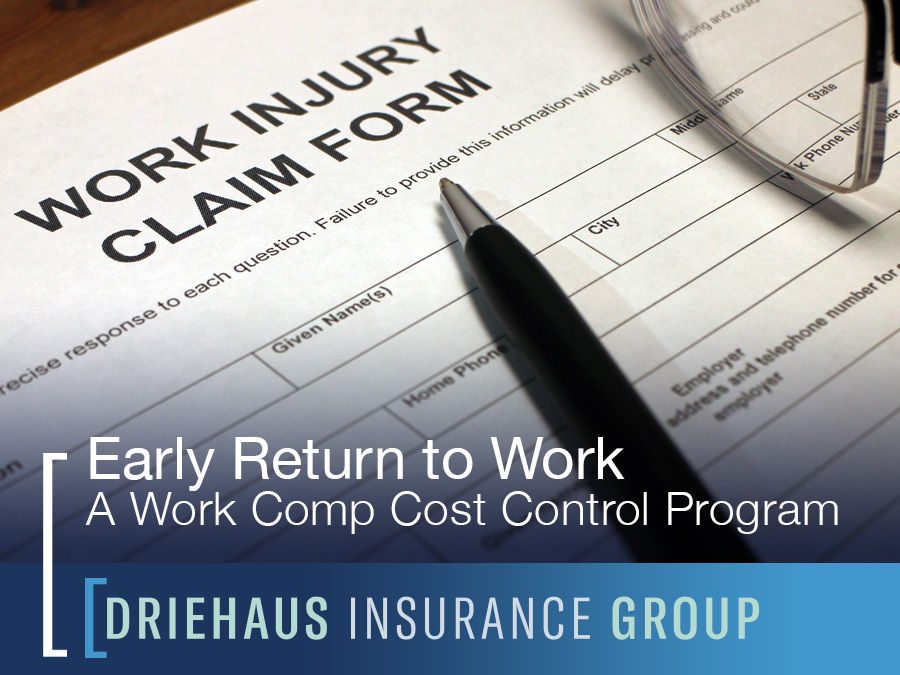Directors and Officers Insurance - Why you need to know!
- cbeckman98
- Sep 28, 2021
- 4 min read

Most people never consider Directors and Officers (D&O) insurance. They assume that it does not apply to them and had no impact on their lives. This is not the case and D&O can be an important consideration when you are involved in your community as a member of a board for any organization. If you take on this type of leadership role, you can also take on liabilities associated with that organization. You should have a basic understanding of D&O insurance.
What does D&O Cover?
D&O is intended to protect the interests of directors of firms or organizations from claims arising from their role as a director and officer of that entity. Claims can be presented for actions taken by the organization, actions taken by the board member in governing the organization or by shareholders or a claim made on behalf of the organization against its own board of directors. Board members can be personally liable for these claims.
Different parts of the D&O policy cover the officers and directors if the organization does not indemnify the directors’ and Officers’. Coverage can be obtained to reimburse the corporation for any payments made to directors and officers, reimbursing the company. For publicly traded companies there is coverage for actions related to security sales terms and condition. The final coverage is for when a claim is filed by the organization itself against the directors and officers.
This sounds like a lot of insurance stuff that has no impact on an individual. Let’s look at how D&O insurance is critical to an individual who serves on a board.
Community Involvement
In the spirit of no good deed goes unpunished, your service of a nonprofit board can bring unintended consequences. The consequences can arise from service on a condo association board, a local sports league, a school support organization or virtually any volunteer position of leadership. If there are any decisions your group makes that can be debated, there is an exposure to a complaint and a need for defense coverage. Do not discount the exposure you have. One of the major costs for any organization that has a claim filed against it is the cost to defend that claim.
As a prospective board member, you should consider the following:
Do the organizations’ bylaws or charter call for indemnification of directors and officers?
Does your personal agreement to serve include a provision for indemnification for this exposure?
Does the state require indemnification or are their common law provisions in the state of incorporation that would apply?
Is there an agreement to protect your personal assets from being involved in a claim?
Does the association have sufficient financial reserves to protect you against a claim?
Is a D&O policy in force and if so, what are the limits, retentions, and insuring agreement. Review this policy with your insurance agent before you accept the position.
Corporate Involvement
Many companies support their community by allowing or assigning employees to serve of boards for community organizations. In some cases, the officer or director may have some protection from their employer’s D&O policy. This may apply as long as the service on the board is to represent your employer. If the employer does not assign you as their representative, but allows you to serve, you may not gain protection form your employer’s policy.
What to Do?
The first and foremost thing to do is to recognize the exposure. Virtually any group that has leadership positions may make choices that are not unanimous. The inevitable disagreements can give rise of litigation, complaints to regulatory agencies and potential for the need to defend your position. Do not assume that the scope of any disagreement is too small to matter. The costs to defend a D&O claim are often a multiple of the monetary damages.
Review whatever protection if offered. If you are not comfortable making this review, ask your personal lines liability agent to make the review. There are some personal lines liability carriers that will extend some D&O protection for nonprofit service. This is not an automatic coverage, and your agent needs to know if it is needed.
Assess the limits carried under any D&O policy. That limit is shared with a number of other individuals. Given a large-scale complaint or settlement, it the amount sufficient to protect you? Assess your own assets and determine what is the level of protection you need to feel comfortable. Given the sharing of limits, adjust the potential recovery by the number of parties covered.
Ask your agent to review the D&O coverages to make sure they are applicable to your situation. A poorly crafted D&O policy may offer a fig leaf of protection. Failure of the organization to have the proper policies in place may offer you ineffective protection.
The Driehaus Difference
We value community service, and our staff are serving or have served on the boards of local nonprofits. We understand the exposures and can help the associations make good decisions or help a prospective board member make an informed choice. D&O insurance is intended to be a tool to attract and retain the knowledge and expertise that outside directors and officers bring to the table. Let us help you understand and use this tool. Call us at 513-997-6860 or contact s on the internet at www.driehausins.com




Comments